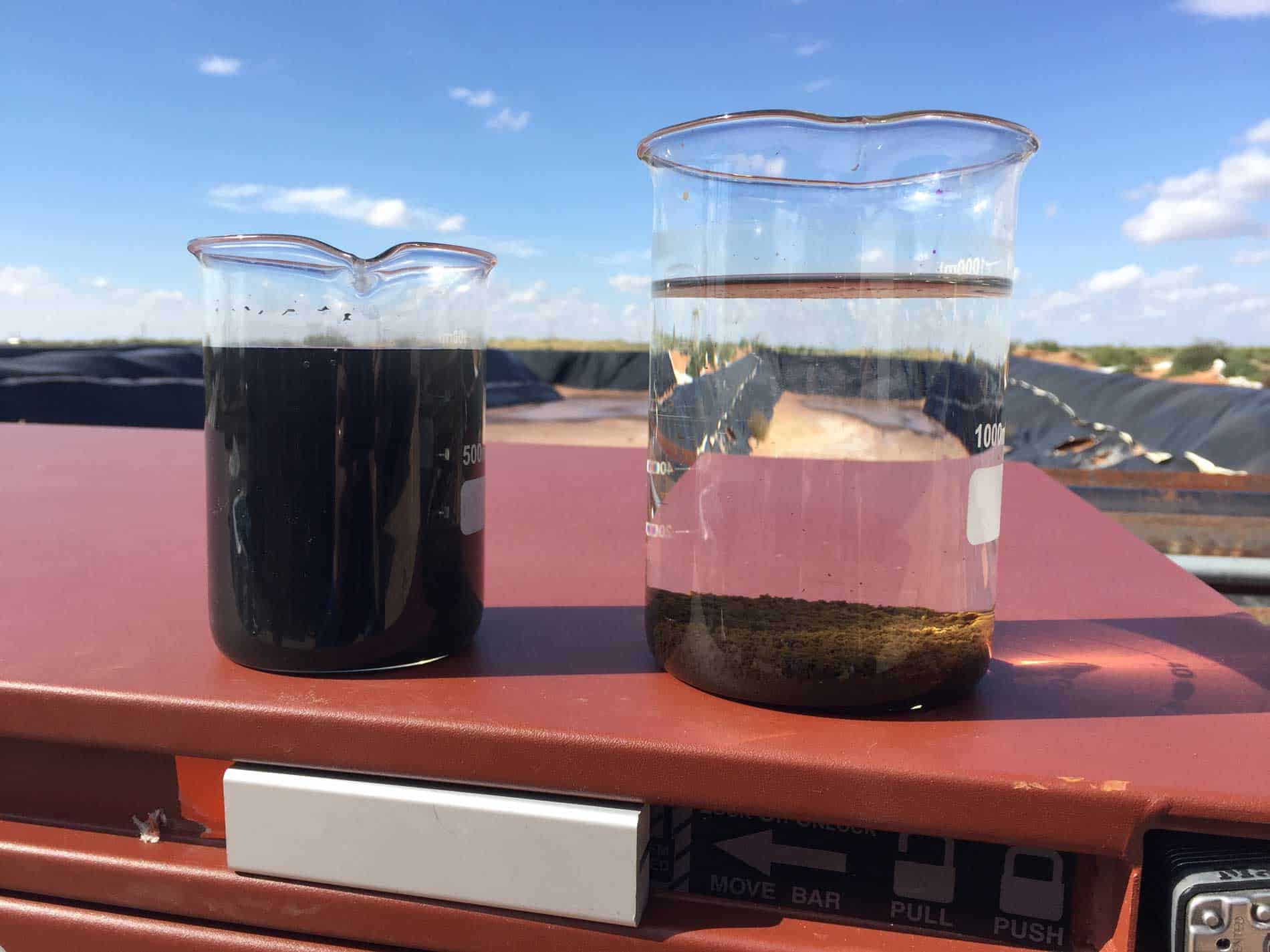JIS K0400 Trace Metals in Process Water Testing
The JIS K0400 standard is an essential guideline for ensuring compliance with environmental regulations and quality control measures, particularly within the oil & gas sector. This test specifically targets trace metals present in process water, which are critical contaminants that can impact the efficiency of production processes and the environment.
Trace metals such as chromium, nickel, copper, zinc, and iron play pivotal roles in various industrial processes but their presence at elevated levels can lead to operational inefficiencies and environmental hazards. The JIS K0400 test aims to quantify these trace elements accurately, ensuring that water quality remains within acceptable limits.
The methodology involves a series of rigorous steps designed to extract and analyze trace metals from the process water sample. This includes initial filtration to remove larger particles, followed by digestion processes using appropriate reagents to convert organic forms into inorganic ones for accurate measurement. The use of advanced instrumentation like Inductively Coupled Plasma Mass Spectrometry (ICP-MS) ensures precision and reliability.
The importance of this testing cannot be overstated, especially given the stringent requirements set by regulatory bodies such as the International Organization for Standardization (ISO). Compliance with JIS K0400 not only helps in maintaining high standards but also contributes significantly to sustainability goals by minimizing waste generation and preventing contamination of surrounding ecosystems.
For quality managers and compliance officers, understanding these nuances is crucial. By adhering to this standard, they ensure that their operations meet international benchmarks, thereby reducing risks associated with non-compliance penalties or negative public perception.
R&D engineers benefit from thorough knowledge about such tests as it aids in optimizing processes while ensuring safety standards are met. Procurement teams can leverage these insights when selecting suppliers who adhere to stringent quality controls like JIS K0400, thus enhancing overall product integrity and reliability.
Why It Matters
The significance of monitoring trace metals in process water through the lens of JIS K0400 extends beyond mere compliance; it directly impacts operational efficiency and environmental sustainability. In an oil & gas context, where vast amounts of water are used during extraction and processing activities, even small concentrations of certain metals can significantly affect downstream operations.
For instance, high levels of copper in process waters could lead to corrosion issues within pipelines or equipment, resulting in costly repairs and downtime. Nickel contamination might interfere with catalyst performance during refining processes. Conversely, low levels may indicate leaks or improper treatment methods that need addressing promptly.
The presence of trace metals also poses significant environmental risks if improperly managed. These elements can leach into nearby soil and water bodies, causing detrimental effects on flora and fauna. By adhering to JIS K0400 guidelines, companies demonstrate their commitment to responsible stewardship, fostering trust among stakeholders including customers, investors, and regulatory authorities.
Moreover, compliance with this standard positions organizations at the forefront of industry best practices, enhancing competitiveness in global markets where environmental consciousness is increasingly valued. It underscores a proactive approach towards sustainability by minimizing adverse impacts on both internal processes and external environments.
Environmental and Sustainability Contributions
- Reduction of Water Pollution: By accurately measuring trace metals in process waters, companies can identify sources of contamination early, allowing for targeted interventions to prevent pollutants from entering natural water bodies.
- Promotion of Resource Efficiency: Monitoring trace metal levels helps optimize the use of raw materials and energy resources by identifying inefficiencies early on.
- Enhanced Operational Efficiency: Regular testing ensures that processes remain stable, reducing unexpected breakdowns or disruptions caused by metal build-up.
- Sustainable Business Practices: Adhering to JIS K0400 fosters a culture of continuous improvement and innovation aimed at long-term environmental responsibility.
Use Cases and Application Examples
| Case Study | Details |
|---|---|
| Case 1: Refinery Efficiency Optimization: | A major refinery noticed an increase in its copper content due to wear and tear on pumps. After implementing JIS K0400 compliant testing protocols, they were able to pinpoint the exact location of the problem and implement corrective measures. |
| Case 2: Environmental Compliance: | An oil exploration company faced fines for exceeding permissible limits of chromium in their waste streams. By integrating JIS K0400 into its quality control procedures, they were able to bring their emissions under control. |
| Case 3: Catalyst Performance: | A petrochemical plant experienced reduced catalyst activity which was traced back to zinc contamination in the process water. Implementing JIS K0400 helped them stabilize performance levels. |
These case studies illustrate how rigorous monitoring of trace metals through JIS K0400 can lead to improved operational efficiency, enhanced environmental stewardship, and overall business resilience.





